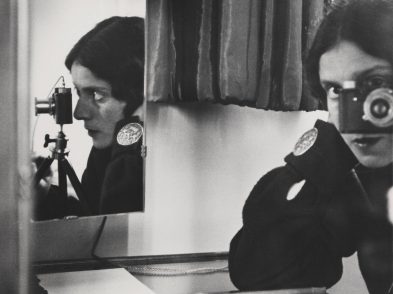The summer I turned seven, my cousin taught me an Italian children’s chant about a king who begged his jester to tell him a tale. ‘Once upon a time there was a king who sat on his sofa and said to his servant, “Tell me a story”, and the servant did begin, “Once upon a time there was a king who sat on his sofa and said to his servant, ‘Tell me a story’, and the servant did begin…”’ The rhyme repeats itself over and over until you become completely hoarse or are knocked silly by older siblings.
My fondness for this chant earned me many life-threatening protests and the certainty that if I must die one day, I’d prefer to die in the throes of a good story.
The importance of story in this culture is one of the reasons I currently live in Italy. As far as I can see, there are few countries in the world that have as deep a love for story as the Italians. You can see it in piazzas and at kitchen tables, in bank lines and behind bar counters. Family dinner on Sundays include epic tales of woe, neighbourhood scoops, and fictitious memoirs. Monday morning at the bar brings play-by-play accounts and eternal soccer sagas. Friday afternoon bus strikes prompt traffic-related cliff-hangers and long-winded narratives on bankruptcy and the city bus system. During Saturday night aperitivo, there’s always room for romantic tear-jerkers, tall-tales and various levels of inappropriate confession.
In Italy, time is worth its weight in tales, as old and young easily exchange their hours for hearty rounds of storytelling. To the Italian psyche, stories are rosebuds to gather ‘while ye may’. Without them, life’s landscape becomes instantly sterile. Stories are the marrow of life. ‘If there is nothing to tell about a subject, then it is worse than dead’, my friend Luciana says.
It can’t just be by chance, then, that the expression non c’è storia is the Italian cue to throw in the towel. ‘There is no story’ means you’d best abandon ship. For Italians, as long as there is a tale to tell, there is hope. A compromise can be reached. A solution can be found. But if there is no storia, it means the end has come. The beast has no breath left in it. In English, we often encourage ourselves with the phrase, ‘Where there is a will there is a way.’ For Italians, as long as there’s a story, there’s also a way. Non c’è storia and you’re sunk.
My deskmate at work doesn’t agree with a thing I say. Despite this minor detail, he is one of my favourite people in the world. When we first started working side by side, I would constantly propose what I thought to be good ideas and he would invariably throw thunder on my parade. He’d tell me all the reasons why my idea wasn’t going to work and I would consider myself rained out. This was before I knew that in this country, protests mean next to nothing. In Italy, dissent doesn’t ruin the broth, it only livens it up a bit.
So I’ve learned to let Lorenzo conjure up his ten solid reasons why my plan won’t work. By reason number eleven, he usually changes his mind and decides that we can probably pull it off anyway. Things work out quite nicely once Lorenzo has no more fingers on which to count reasons. It’s when he becomes my biggest ally.
Ah yes, my deskmate has unwittingly taught me to face negative reactions with the fearlessness of a titan. He’s proof that an Italian may shoot you down from all angles but still leave room for negotiation. Why? It’s an Italian talent to say ‘no’ and ‘yes’ at the same time. Only when Lorenzo adopts the phrase non c’è storia do I know he really means ‘no’. Our negotiation is nearing its end. It means I’ve really lost. The game is up; the story is over.
And now that this article is also nearing its end, I’ll just tell you one more thing: sadly, I now consider myself too old for children’s chants and have had to search for alternative forms of entertainment. At present, I often amuse myself by imagining how great men in history would have been different if they had been born in a different country. I’d venture, for example, that if Benjamin Franklin had been Italian, he would not have been so concerned with spending time and money wisely. I’d bet all my pennies on it; had Franklin’s wisdom met Italian ways, his proverbs would have taken a different turn. Surely, non c’è storia would have had considerable influence on his axioms.
Dost thou love life? Then do not squander stories, my friend, for they are the stuff that life is made of.







